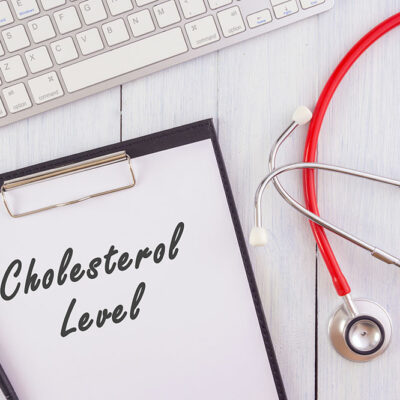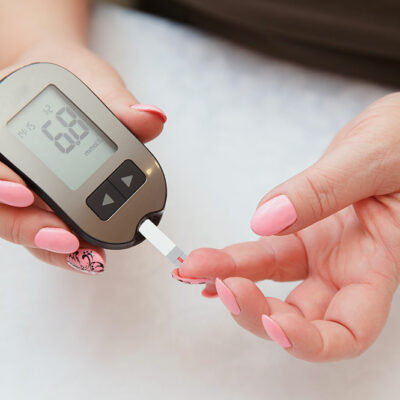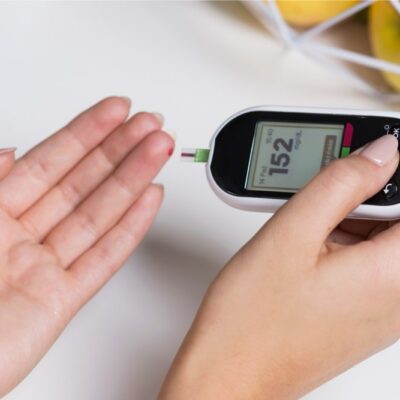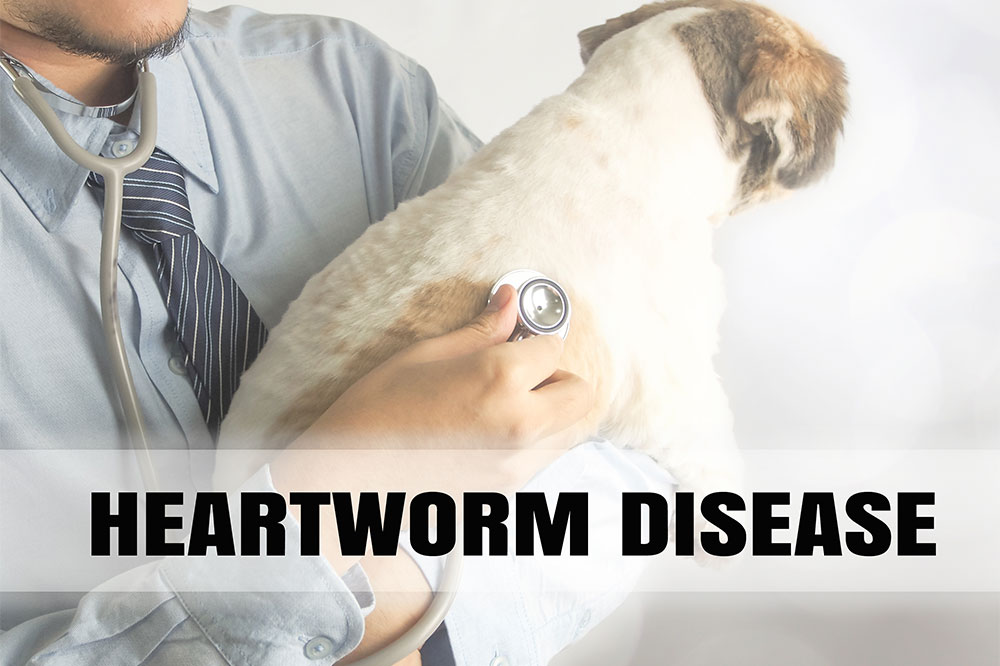Decoding certain myths about heart disease

Heart disease can affect people of any age. So, it is essential to understand the underlying conditions and take the requisite steps to improve heart health. However, there are many misconceptions about the triggers of heart diseases and certain myths that need some elucidation before one can seek medical advice.
Here are five common myths about heart health decoded to clarify the situation.
Myth 1: Leading a sedentary lifestyle
Often people would say one must take it easy, especially when suffering from heart disease. The assumption being since the organ is already in a delicate state, any form of exertion increases the risk of heart failure. However, leading a sedentary lifestyle due to fear of effort can do more harm as one’s physical condition deteriorates quickly. Inactivity can result in blood clots at vital points throughout the body. To avoid this, staying active helps strengthen the heart muscle that, in turn, promotes healthy blood circulation as the organ will pump blood more efficiently.
Myth 2: Heart disease affects only older people
Heart disease or any cardiovascular complication can happen due to several factors. Studies show that lifestyle choices have a significant impact on a person’s overall cardiovascular health, irrespective of age. Obesity is a rampant problem in the country that affects young and middle-aged people. It is also a leading trigger of heart problems. Only one in three people in the country who have some form of cardiovascular discomfort are seniors, which proves that heart disease has no age bar.
Myth 3: Heart disease is not a women’s problem
Men are more susceptible to be affected by heart-related conditions. However, that doesn’t mean women don’t suffer from any cardiovascular complications. More recent studies indicate that heart and cardiovascular diseases are the number one problem of high mortality in women of varying ages. The risk is even high during retirement, when 87% of women may be susceptible to complications like heart failure, coronary artery disease, stroke, or even high blood pressure.
Myth 4: The heart stops beating with heart failure
The heart stops beating abruptly only in the case of a cardiac arrest. However, if someone is suffering from heart failure, the organ continues to pump blood only inefficiently. Heart failure and cardiac arrest are two different things. If a person suddenly loses consciousness and stops breathing, emergency medical assistance must be given. On the other hand, in the case of heart failure, one commonly experiences difficulty in breathing, visible swelling in the feet, and persistent wheezing or coughing.
Myth 5: Cholesterol and blood pressure increases with age
High cholesterol and blood pressure can increase the risk of heart disease significantly. So irrespective of the age of the person having either of these conditions, it is advisable to get checked. Both forms result in the severe deterioration of arteries, thus interrupting blood flow to vital organs. They force the heart to work harder and pump more blood. One must take the necessary steps to lower both cholesterol and blood pressure levels.
















